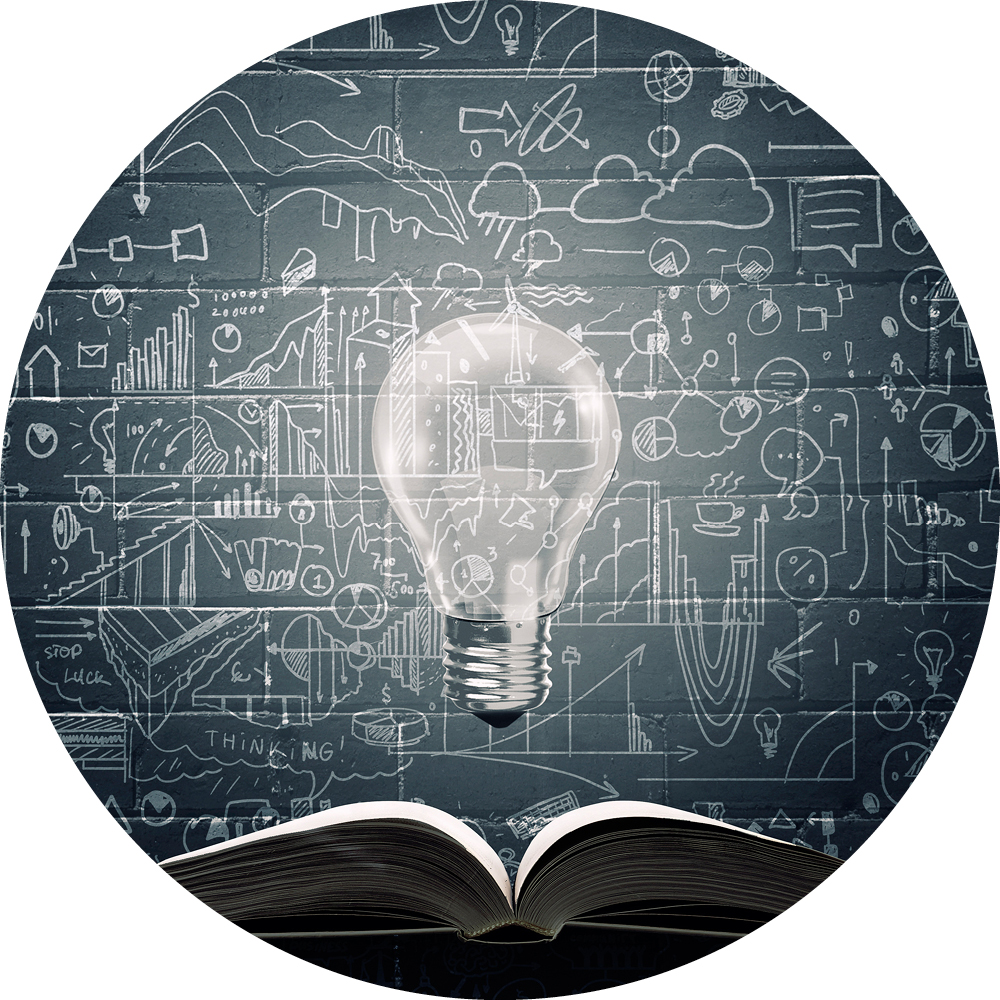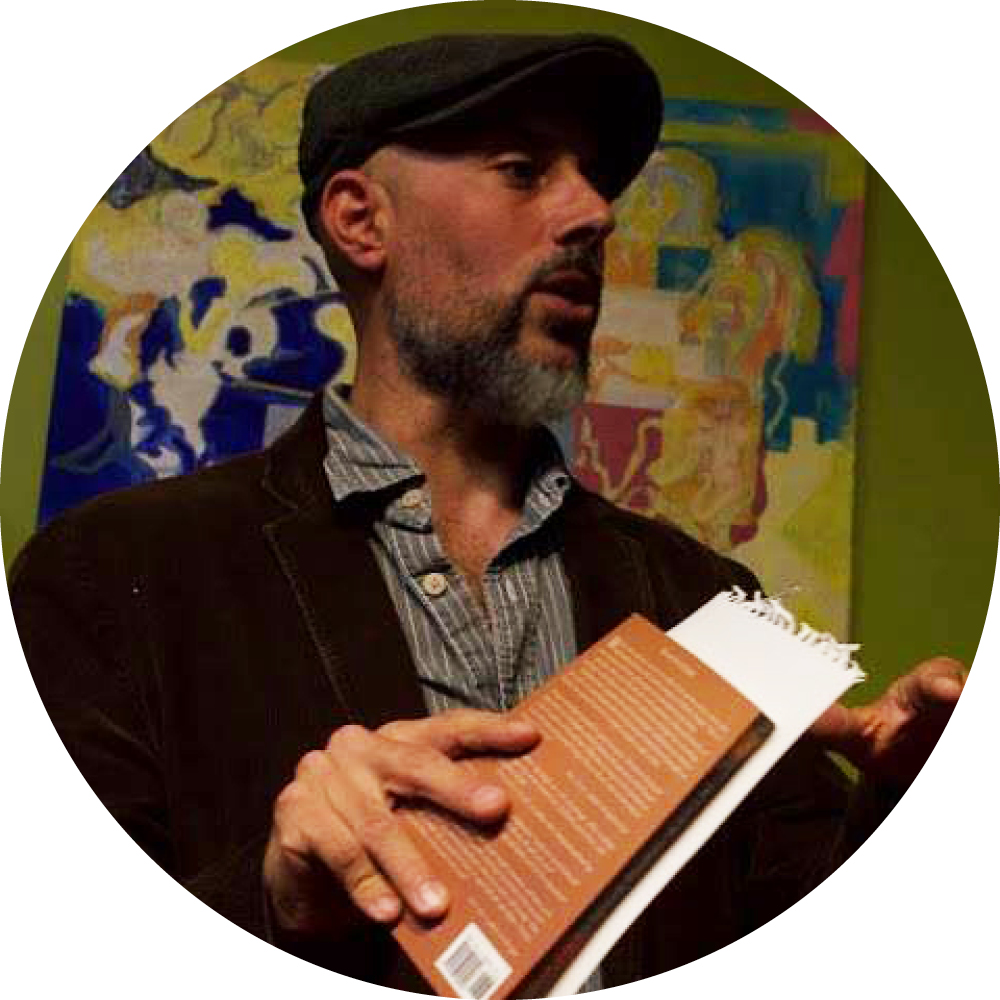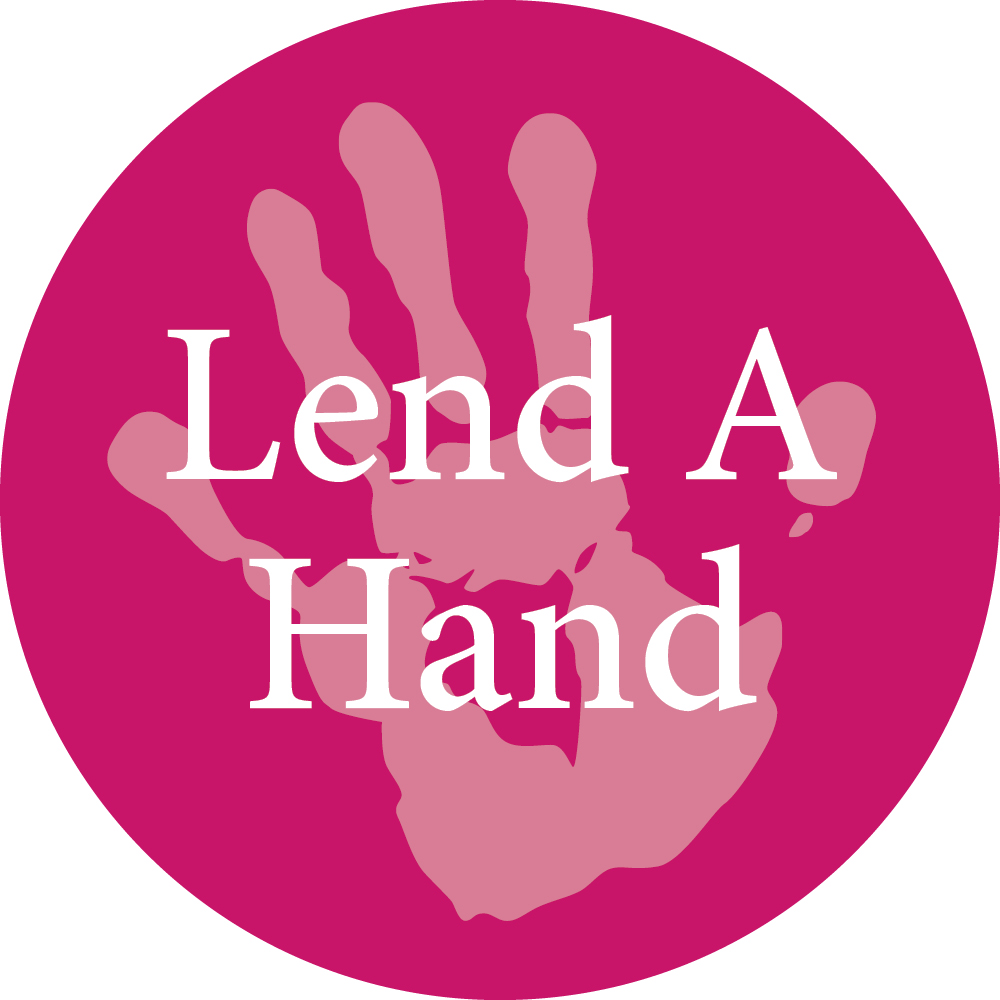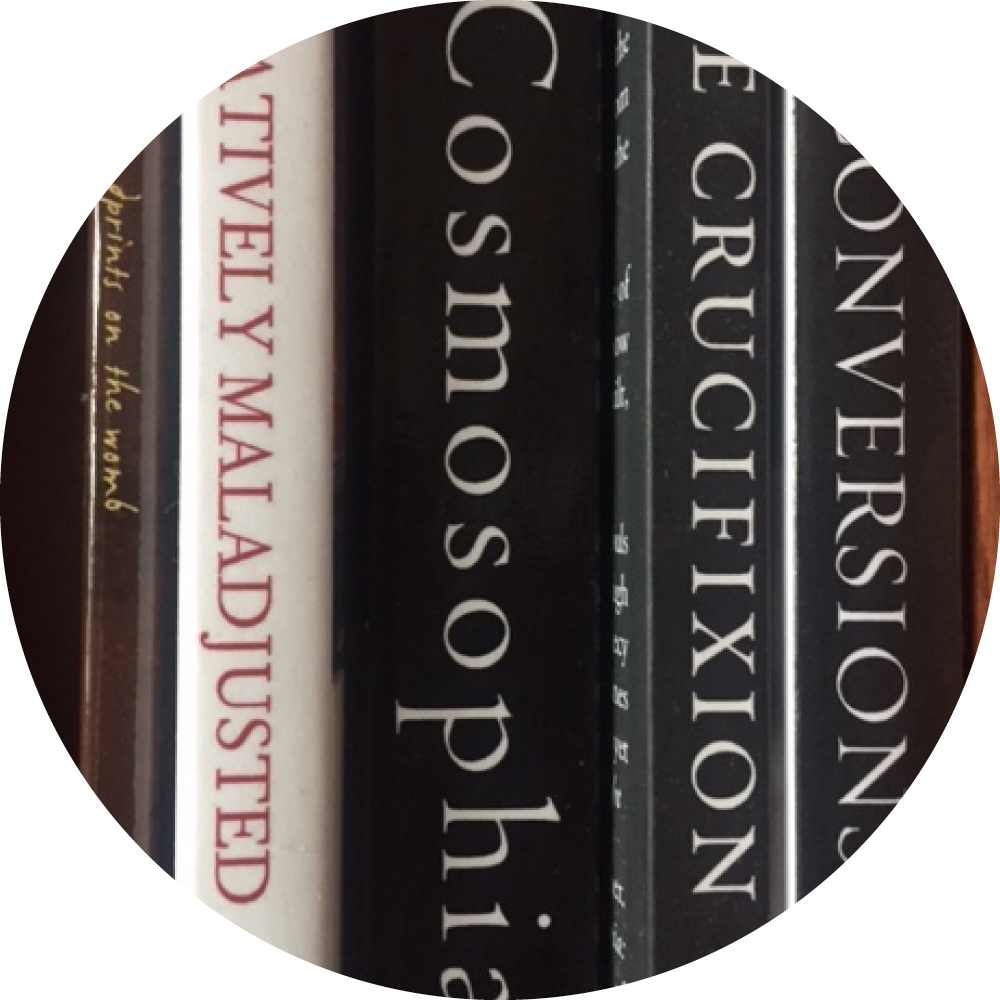Be in the Conversation,
Not the Fight
By Heidi Barr
Several years ago, writer Charles Eisenstein introduced me to the idea of “the space between stories:” a time that is about figuring out what it means to be human on an earth that is struggling in myriad ways: from climate change to wealth inequality to health disparities to racism to war to fresh water scarcity…the list could go on and on. The space between stories could be described as the time when the old story of who we are, what is real and how to navigate has essentially broken down. It’s a time when familiar ways of making meaning and operating in day to day life are no longer relevant. And it’s a time when, every now and then, even through the darkest of times, glimpses of what could be present themselves.
When I heard activist Jodie Evans speak awhile back, she shared stories about her work in standing up for non-violent communication efforts, protesting various war activities, and her experiences from a life spent working to promote local peace economies. She’s an advocate of not forcing an outcome, but of instead taking action that aligns with her values and being ok with not knowing what might come to pass as a result. She bases her work on cultivating hope from the soil of positive change, regardless scale. She had a lot of interesting things to say, but the thing she said that resonated with me the most was, “be in the conversation, not the fight.” In her work, she has seen firsthand how operating from a place of love, even when the outcome is completely unknown and acting from love seems too risky, has proven infinitely more effective than simply going to battle for a cause.
Shortly after getting the news of yet another death of a black man by a police officer, as well as the deaths of several police officers in retaliation at a protest, Brene Brown posted the following on social media: “Neither hate nor blame will lead to the justice and peace that we all want – it will only move us further apart. We can’t forget that hate and blame are seductive. Anger is easier than grief. Blame is easier than real accountability. When we choose instant relief in the form of rage, we’re in many ways choosing permanent grief for the world.”
It can be challenging to interact with people these days. People often don’t agree, resistance to listening to differing points of view is common, and fear tends to underlay communication – especially in the media. People, myself included, can be (pre)contemplative about making any sort of change to current lifestyles or ways of thinking about the world. We can be up in arms and forced to do things in life that seem either like jumping through hoops or like a losing battle – from keeping a job to getting a promotion to putting healthy food on the table.
Sometimes people we know and respect come into a conversation ready to fight: with us, with the committee, with the employer, with the system or even with themselves. Sometimes WE go into an interaction – with our leaders, with our colleagues, with our family members – expecting a fight. Change can feel like an unbeatable foe after years of trying to force a desired outcome into being, no matter how worthy the cause. Being in a fight is usually short lived – you take and throw a few punches and eventually someone limps or is carried away. Not much gets solved.
On the other hand, being in a conversation takes staying power. Compassion. Empathy for ‘the enemy.’ It takes deep listening and seeing from someone else’s perspective. I watched a youtube video the other day, and the former CIA agent being interviewed said the words “everyone thinks they are doing the right thing.” In a fight, it’s everyone with blinders on going to battle for what they think is right. In a conversation, it’s seeing through the eyes of the other, and then acting from love despite a difference of belief or opinion or status. It’s being open to new ways of existing alongside things that make us uncomfortable. Being in a conversation doesn’t have to mean compromising on something that goes against what you value deep in your bones – but it does mean acting from the question “what is it like to be you?” when interacting with your conversation partner. There are, of course, times a fight is necessary. But there are also plenty of opportunities to choose to interact with a situation differently. (This is, of course, much easier said than done.)
There are no easy answers when it comes to solving the problems of the world, that much is obvious. To bring it back to Charles Eisenstein again, he says that to be true agents of change, we don’t need “smarter solutions.” Instead, he says we need different questions. That we need to “unlearn the things we assume we know.”
I’m still in the unlearning process, myself, but here are a few questions that come to my mind as important: How can we be in the conversation, but not the fight? What would it take to be in that place of unknowing and still hold space for conversations that foster hope, and ultimately, invite the change that will lead to a more beautiful world? According to Jodie Evans, part of what will help is letting go of the “right answer” and making sure to operate from what we know deep down as truth. I might add that letting that truth be different than we thought it was as another essential piece of the puzzle. Then maybe we can be in the conversation, not the fight. Then maybe we’ll tap into the questions that might just lead to the changes the world needs most.
About The Author
Heidi Barr
Heidi Barr lives in Minnesota with her husband and daughter where they tend a large organic vegetable garden, explore nature and do their best to live simply. As a mother, spouse, gardener, and wellness coach, she is committed to cultivating ways of being that are life-giving and sustainable for people, communities and the planet. Heidi holds a Master’s degree in Faith and Health Ministries and is co-founder of 12 Tiny Things. (www.12tinythings.com). Her next book, Cold Spring Hallelujah, will be released in November by Homebound Publications. Learn more about her work at www.heidibarr.com
Re-sources
Re-Imagining Education

Empowering educators to take a deeper look at the stories told in our schools and to re-imagine them in transformative and
nurturing learning spaces.
Learning Opportunities

Classes, workshops, and lectures that help to empower people to re-imagine who they are and their place in the world.
Get Involved

Help the Chicago Wisdom Project realize its mission to re-imagine education through holistic programming that transforms individual, community and world through creative expression.
